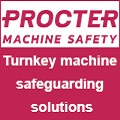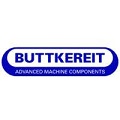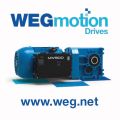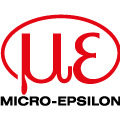
Posted to News on 22nd May 2013, 15:11
Using constant current control for metal purification
In the vast world of power supply applications, we can identify two main categories for regulating the power applied to the load. The first is "constant voltage', where the control loop maintains a constant voltage to varying load current demands; the second is "constant current' where the current is maintained constant to vary the voltage applied to the load. Giacomo Mazzullo of TDK-Lambda explains.
Since current flow is closely related to the flow of charge over time, having constant current control allows the user to control the speed of some chemical processes and in certain circumstances reverse it. In industrial applications, the currents involved are often very high and generally require the current to be precisely regulated and accurately varied or controlled.
An industrial process widely used for the purification of metals (especially aluminium and copper) is electrolysis. The material to be purified is immersed in a "tub of electrolyte', then a potential difference is applied between the sample to be purified. For example, copper acts as the anode and the cathode is where the pure material is collected. In this process, the amount of copper deposited or "purified' is directly related to the applied current. The use of a constant current power supply allows control of the process.
These processes typically use currents in the order of thousands of Amps, low (
TDK-Lambda conducts technological research in the field of power supplies and has developed several "Constant Current' power supply products. The ZUP, Z + and Genesys allow full control of the current and the output voltage, as well as feedback on the same parameters. In addition, the availability of isolated interfaces, analogue, digital RS232/485, IEEE488 and LAN allows a high flexibility of integration and system control. The power ratings range from 200W to 15kW with the possibility of placing up to four units in parallel, to increase the power up to 60kW and output currents up to 4000A.
In addition, TDK-Lambda has the capability to optimise a standard product or even develop a custom system to meet the specific needs of a particular user application. For more information about TDK-Lambda's power supplies, please visit the TDK-Lambda website at www.uk.tdk-lambda.com.






























